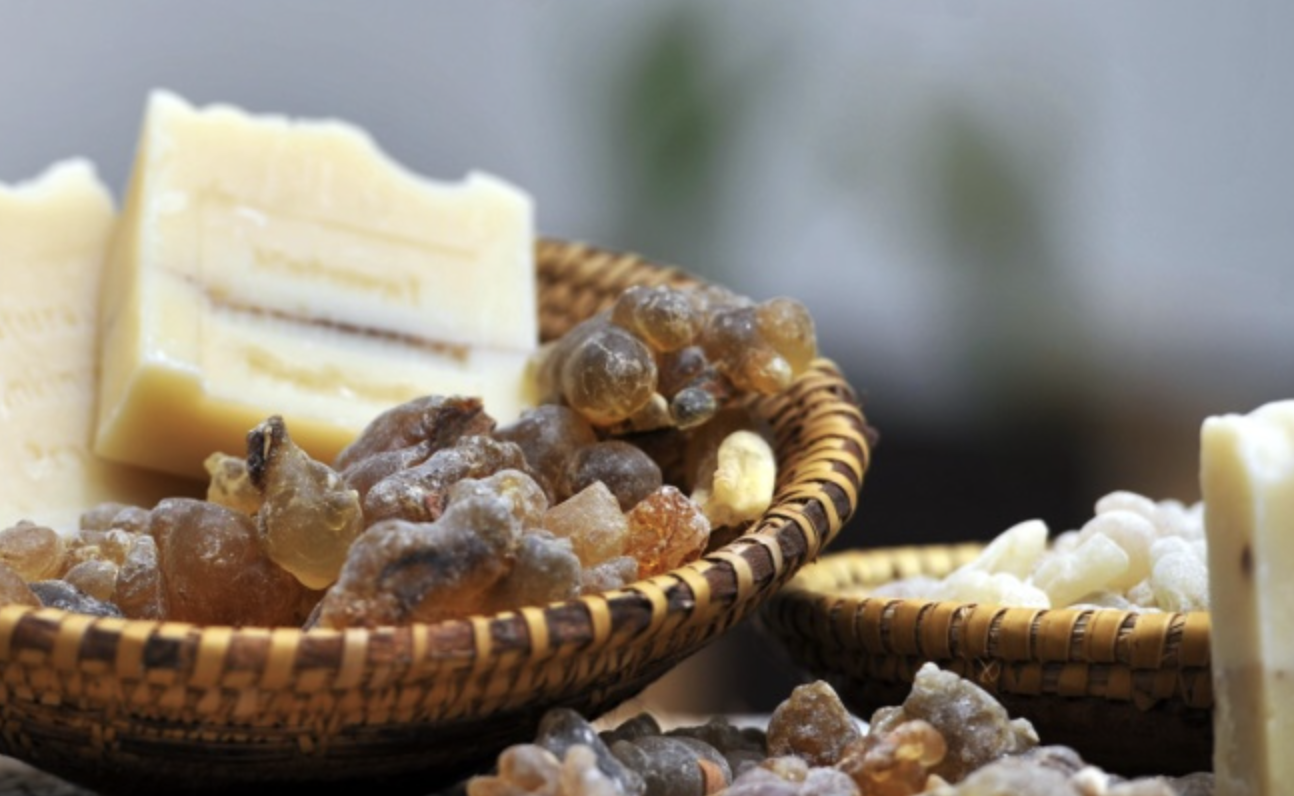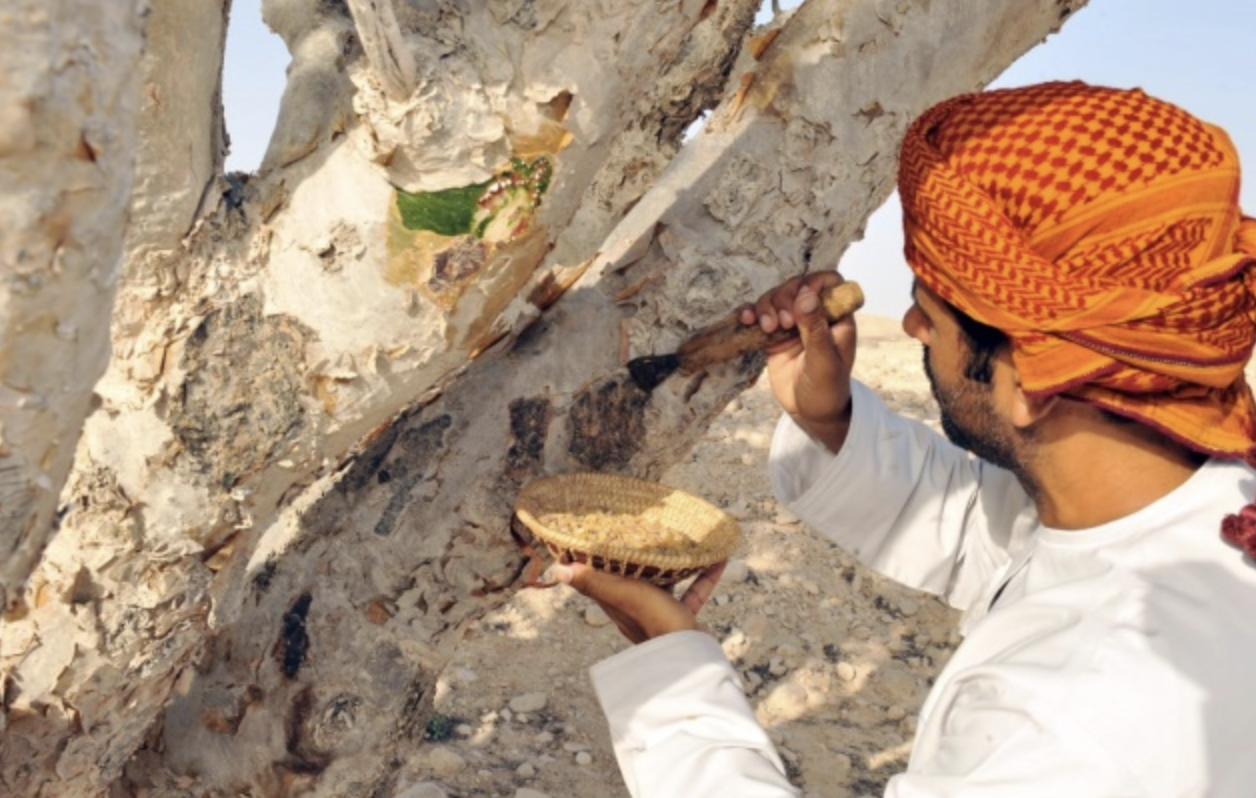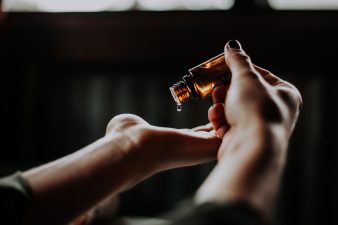Plants from the past and used in the Bible may help us against modern ailments. Research studies to produce medicines capable of fighting COVID-19 from frankincense trees in Oman are being jointly undertaken by the University of Nizwa in Oman and the University of Oxford in England according to the Bahrain News Agency.
Ancient trees and plants from the Holy Land in Israel and written about in biblical times may have the power to heal modern ailments. We have heard a lot recently about CBD and THC from the cannabis plant but there are thousands of natural sources of medicine all around us waiting to be discovered. A recent UN report list 12 wild plants in need of protecting and one of them is based on this new research.
The new research project is looking to isolate certain key compounds from frankincense – known for its healing properties – and to use them to make antibiotics.
The resin contains large numbers of naturally occurring chemicals that could be used to inhibit the ability of the COVID-19 virus to infect people, the researchers suspect.

“We realised that the properties of these compounds being anti-inflammatory can be very beneficial, because we could use these to inhibit the m-protease protein in the COVID virus,” Dr Ahmed Sulaiman Al Harrasi, the Vice Chancellor for Research and Graduate Studies at the University of Nizwa, said.
“This protein is present in the spike protein of the virus, which is used to enter the host cells, such as the lungs, in the case of humans. We ran models of the m-protease, in which we treated this with our active drugs,” he added. “We could see a very strong binding between the two, which means the inhibition of the virus by these compounds could be very strong.”
The project is led by Dr Al Harrasi, who also serves as the Chair of the Natural and Medical Sciences Research Centre, which he helped found, and is conducting this research, and Dr Christopher Schofield, the Head of Organic Chemistry at Oxford.
“It starts with the isolation of active ingredients from the frankincense resin,”Al Harrasi said.
“It then has to go through several procedures conducted here. Some of these are self-developed methodologies and protocols that helped us isolate these bioactive components, purify them, and then characterise them. We came to know their structure through different spectroscopic techniques such as nuclear resonance, X-rays and mass spectrometry. Various techniques are used to identify and elucidate the structure of those components used to make drugs isolated from frankincense.”
The resin was chosen for this research as it contains a high number of boswellic acids, known to be excellent anti-inflammatory components, which have been used to treat ailments such as diabetes, cancer, joint pain and Crohn’s disease.
“Some of these are about to reach pharmacy shelves as real drugs.”
The next step of the research will involve testing the quality and strength of the compounds isolated from frankincense.
Protecting wild plants
There are wild ingredients found in your home that are now under threat and which could be the medicine of the future. Brazil nuts, argan oil, and shea butter are now classified among a dozen wild, threatened and at risk plants known as flagship species that need protecting.
A new report published by the UN called Wild Check: Assessing risks and opportunities of trade in wild plant ingredients, sheds light on twelve flagship species – the so-called “wild dozen” – that are hidden in our everyday products.
Thousands of species are at risk primarily due to habitat loss, as well as other factors such as climate change and over-exploitation.
Of the 21 percent of medicinal and aromatic plant species whose vulnerability status has been assessed, nine percent are considered threatened with extinction. About 1 billion of the world’s most vulnerable people are thought to depend on them for their livelihoods.




